
Keep Your Independence With A Mobility Scooter
If you have trouble walking for extended periods of time, experience difficulty managing a walker, cane or crutches, then a scooter may be a good option. They are designed for and used by people who are still able to walk and manipulate themselves on and off a seated object. Unlike wheelchairs, mobility scooters are generally treated as vehicles in the sense that they do not have to be guaranteed access into buildings.
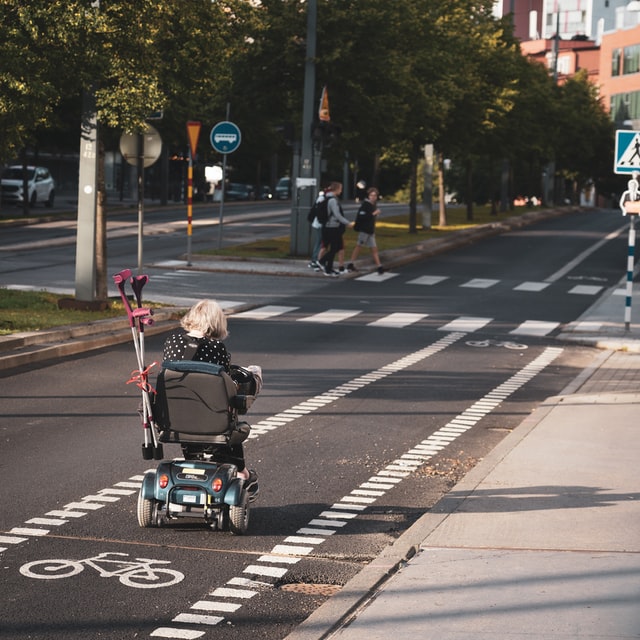
If you receive Disability Living Allowance at the higher rate for mobility you could use all or part of it to obtain a scooter through the Motability scheme. This charity provides grants to individuals over retirement age and on low income, if you can prove that the scooter would be beneficial to you. Alternatively, the NHS provides a wide range of mobility equipment, including wheelchairs, powered wheelchairs and mobility scooters. If you think you need one, speak to your GP, consultant or physiotherapist who can refer you for assessment.
Although buying a scooter requires an investment, it doesn’t take long for it to pay for itself. If you are relying on public transport or paying for taxi services to drop you door to door, fares can quickly add up. Batteries are rechargeable and there is little to no maintenance involved.
The scooter will need to be registered with the DVLA, and you must display a 'nil value' tax disc. The good news is that although your class 3 scooter has to be registered with the DVLA and you have to show a tax disc, you don't have to pay anything.
Owning a mobility scooter will help you maintain a quality lifestyle and preserve your independence. It will also prevent injury from falls as well as allowing you to continue participating in an active social life leading to better overall health.


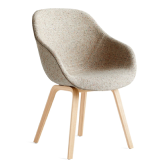
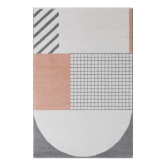




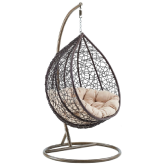
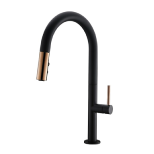

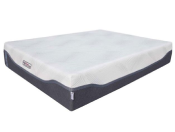
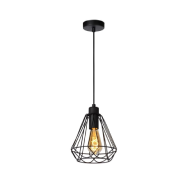
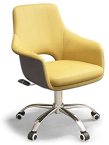

__thumb__120x120__70__a960ee47ff3b39dd79c65d0b2f96a706.jpg)

